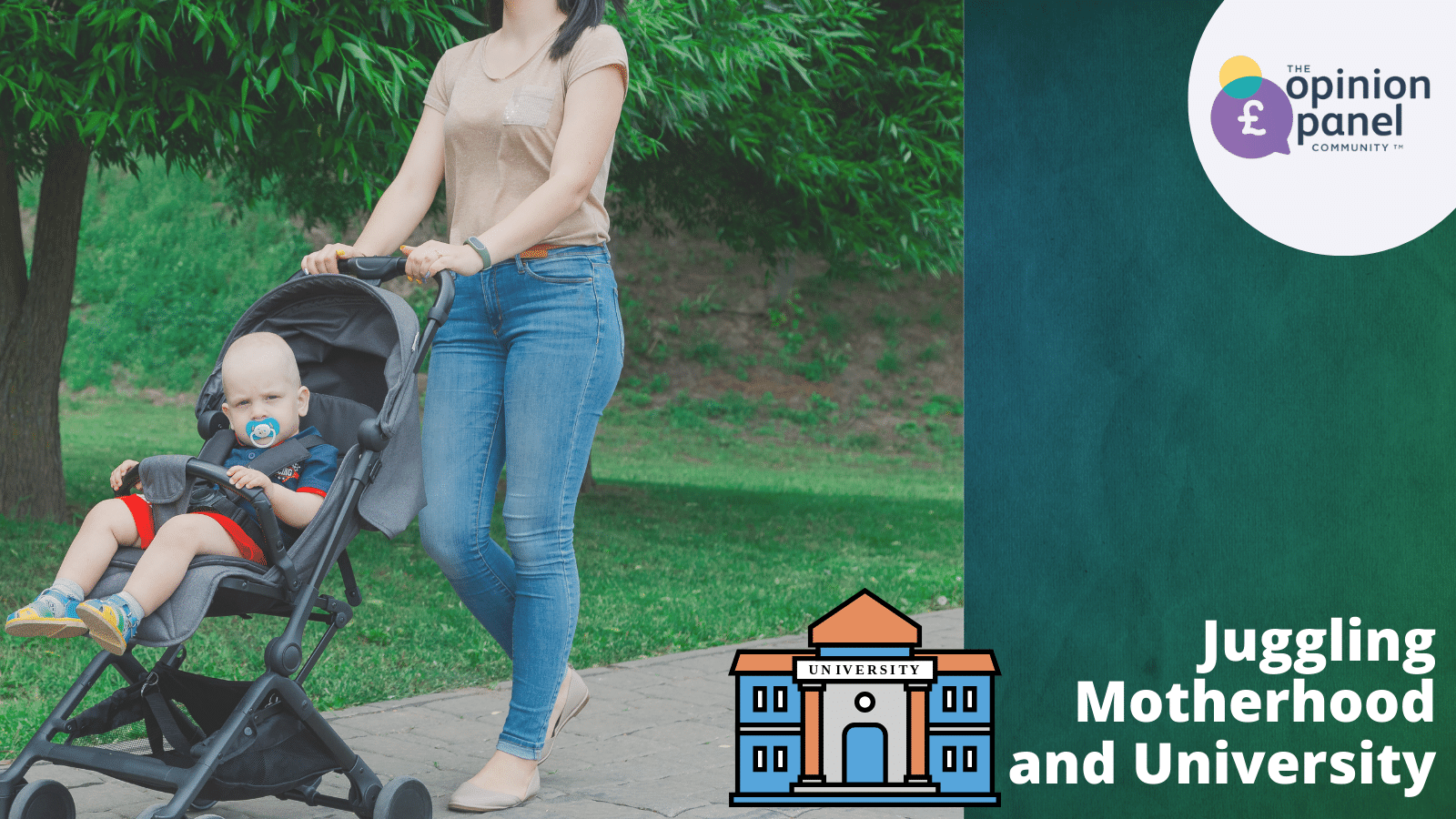
Gender inequality occurs in most parts of everyday life. However, it can be hard for those unaffected by it to understand just how bad the effects of gender inequality can be, so I’m here to lay it all out, so everyone sees its effects.
Gender inequality is probably most prominent in the professional world. Many women find themselves discriminated against when applying for jobs. Quite often, they are questioned about their personal lives in intricate detail, which is often a sign that the employer doesn’t have much interest in making the hire. The other common difference between men and women in the workplace is the amount of money they are paid. Many women fight because they receive less money than men whilst working the same job and hours.
Do you think there is gender equality in the UK? #GenderEquality #politics
— OpinionPanel (@OpinionPanelC) May 9, 2019
Why is this happening? why is it that men and women work the exact same job and hours but get paid different amounts of money? Why do some people get overlooked in interviews purely because of their gender?
Ideally, in order to achieve gender equality in the workplace, companies should strive to provide broadly the same outcomes and privileges to both men and women. Some of the features of this would include:
• Equal pay for jobs which are the same
• No barriers, so that everyone can participate fully in the workplace
• No discrimination against gender, background, gender, personal life, family and caregiving responsibilities
• Equal access to leadership positions for everyone
Another common home for gender inequality is education. Unfortunately, many girls in countries around the world lose their education and opportunities to extend their knowledge because the schools don’t allow them to learn, forcing them straight into work from a young age. Going to work without any education is not beneficial; it means your options for work are limited as most jobs require some type of knowledge which you gain from going to school and learning. Often, girls are also forced to stay at home and do housework, whether it’s because they don’t have the privilege to go to school, or maybe that their families are experiencing finical problems. Every child should have the right to receive an education no matter what gender they are.
Whether or not gender equality creates problems in sport is up for debate. The reason I think gender inequality hinders professional sports is that, in some countries, certain sports are only for men and others only for women. Most notably, many girls are discouraged from playing football, apparently because it’s only for boys. Even though we do have female football teams, some people are still astonished when they see a group of women playing football. The level of discouragement some people meet in the world of sport can end starlit careers before they’re even allowed to start, and further still, it can cause low self-esteem which can be very unhealthy for both body and mind.
Gender inequality is something we can all live without. I call upon everyone to start working against prejudice and make the world fairer for everyone, no matter their background.






If your going to “lay it all out” maybe you should try have facts(stats) to illustrate and back up your point. Also, you may want to focus on one area and give an I depth explanation as just quickly sum up some issues means you lose a lot of important aspects of it.
Plus, no one is paid less for the same job (maybe in film and TV but their weird). The wage gap comes from the problem that women are less likely to be hired for leadership or other higher paying roles. I agree that this is a gender issue that needs to be worked on, also the problem of pushing people towards or away specific jobs due to gender (e.g. women away from physics or engineering, men away from nursing or child care)
The main issue with your article is it just repeats what others have said a million times before with no depth or clear thought behind it.